Navy personnel are referred to by their last name, and with a name like Campbell, fair skin and green eyes, Pipiwharauroa Campbell (Ngāi Te Rangi, Ngāti He, Ngāti Pukenga) was able to sneak under the radar to hide his Māoritanga.
But with this year’s release of Waiata Anthems, he’s shouting “loud and proud” about who he truly is and where he comes from, with the upcoming single, Ko Au.
The lead singer of Corrella was born and raised on “the hill” - Mangatawa o Tamapahore in Tauranga, where everyone could sing and his next-door neighbour was his cousin, Stan Walker.
His “Nanny Rau” Raukatauri Campbell was a great singer. She pushed him into the church choir, cheered him on at talent shows, and instilled within him a love for music.
He is a native speaker of te reo, learning English when he reached school, which held him back a year level.
Campbell went on to an education at the prestigious Hawkes Bay Māori boys’ school, Te Aute College, then straight to Auckland to join the Royal New Zealand Navy after that.
/cloudfront-ap-southeast-2.images.arcpublishing.com/nzme/XRN657XBAJFDPIDBVFJ4ED3EXI.png)
During his time in the Navy he began to feel like being Māori wasn’t going to help his life or career.
“I’d have people a fair bit senior than me say off-handed comments about Māori and it sort of made me not want to be Māori. I stopped speaking Māori and refused to bring it into my household. I tried to be as Pākeha as I could,” Campbell told the Herald.
“At the time I thought I was doing the best thing for myself and I tended to agree with what people were saying [about Māori]. It hurt my parents and grandparents.”
Campbell was disconnected from te ao Māori for six years.
“I always felt like I was having an identity crisis inside of me. Born and raised one way, all my family are one way, but I was trying to be something else. It was like a battle inside and my wairua [spirit, soul] wasn’t tau [calm].”
And then one night everything changed.
/cloudfront-ap-southeast-2.images.arcpublishing.com/nzme/RRJZBE66UZFIXHOY446YXDFUNE.jpeg)
“I had a massive life change. A powerful dream. I went on a journey to rediscover my Māoritanga. I went to wānanga [discussion and learning]. I did pure [ceremonies]. I rebalanced.”
Campbell threw in his job as an engineer for the Navy and took a role with the Navy marae, promoting te ao Māori frameworks and creating systemic change within the organisation.
He became passionate about helping other Māori and Navy staff from diverse backgrounds keep their culture intact and thriving, while serving their country.
That passion spread and he went on to chair the board of Te Kōhanga Reo o Maungārongo in West Harbour, steering it away from potential disaster three years ago.
“That was one of my biggest achievements. Making sure that kōhanga didn’t close down.”
These days Campbell is a Māori cultural advisor and the lead vocalist of the seven-piece roots reggae band Corrella.
He is accompanied by rhythm guitarist and hype man Te Naawe Tupe (Ngāi Tūhoe), bass guitarist Codi Wehi-Ngati (Ngāti Maniapoto), vocalist Rebekah Brady (Te Arawa, Ngāpuhi), keyboardist Taula Schuster (Samoa, Niue), drummer Tom “Ulu” Scrase and lead guitarist Joshua Faletutulu.
/cloudfront-ap-southeast-2.images.arcpublishing.com/nzme/N47MRCXRKRBNBGPHC2PSGDVSVY.jpg)
Born out of their time with the Navy, Corrella have cemented themselves on Aotearoa’s summer gig circuit, having played alongside Six60, 1814 and Tomorrow People.
The band has released several hit singles including Chur Māori and Summertime in Aotearoa.
On Friday 5 May their new song Ko Au will hit the airwaves alongside their first album, Road From 26.
“Ko Au was written specifically about going through my identity crisis. It’s a song to help others to help others to not feel ashamed of who they are.
“It doesn’t relate just to Māori. It’s for anyone. Don’t be ashamed of your culture and who you are. And don’t be afraid to shout it out to the world.”
A line in the song, “hei whakapiki ai tō wairua”, reminds the listener that their culture is for them and it can be used to uplift their wairua.
/cloudfront-ap-southeast-2.images.arcpublishing.com/nzme/KS5W2NSL55BGZDDOHCGOYZSMHA.png)
Road From 26 is named for the Navy house where the band was created, 26 Corrella Road, near the Devonport Naval Base. The album takes you on a journey from Corrella’s past to present.
“We’re super excited about the album. It’s really diverse. We’ve got genres and songs on there for everyone.”
Campbell has found grounding in his culture again, promotes it proudly through his mahi (work) and music, and has brought te ao Māori back into his home for the next generation.
“My son was born right in the midst of me not wanting to be Māori. I refused to teach him. It wasn’t until my daughter came that I had made my life changes. So she went to kōhanga reo and is at kura kaupapa. It’s a harder journey now to teach my son, but we’re getting there.”
/cloudfront-ap-southeast-2.images.arcpublishing.com/nzme/DADTZDLD3ZD4ZFPDDLMPRHPYZE.png)
Waiata Anthems 2023
Since its inception in 2019, Waiata Anthems has celebrated and encouraged the revitalisation of te reo Māori at scale. Over one hundred new waiata and creative lyric music videos have been supported, produced and released alongside powerful documentary stories, each sharing personal stories of disconnection, reclamation and courage through waiata reo Māori. The power of waiata is transforming artists and audiences as our nation’s airwaves and digital music platforms resonate with the vibrant sound of new waiata and bilingual music.
This year, the Waiata Anthems kaupapa will celebrate with three release phases meaning there’ll be new waiata coming out throughout the year at the following times:
- May for NZ Music Month
- July for Matariki
- September for Waiata Anthems album release week
The May drop features six new waiata which will be released throughout the month. The new waiata are from both emerging and established artists, including MOHI, Chad Chambers, Nikau Grace, William Singe and Corrella.
For all Waiata Anthems songs and videos, check out their website https://www.waiataanthems.co.nz/.
- This report was produced under the Public Interest Journalism initiative, funded by NZ on Air.

/cloudfront-ap-southeast-2.images.arcpublishing.com/nzme/KDYGOK7H5RCT7FYHI5YLHQC65A.jpg)



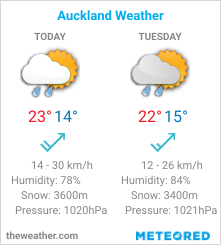
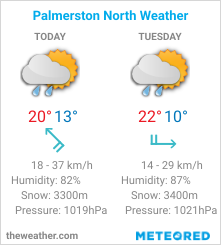
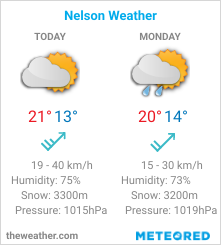
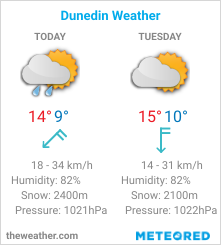
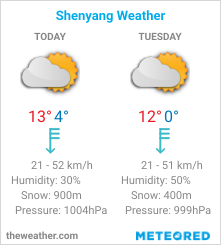
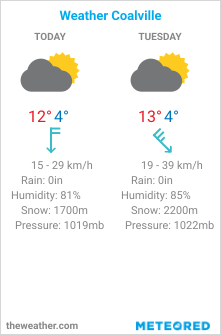
No comments:
Post a Comment
How did you like the post, leave a comment. I would appreciate hearing from you all. Best wishes from JC's Naval, Maritime and Military News